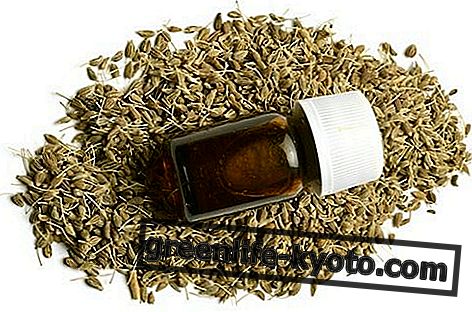
The history of olive oil
In order to trace the history of olive oil it is necessary to rely on excavations and archaeological research. In terms of the spread of the olive tree, in its wild variety, olive pits have been found dating back to around 10, 000-8, 000 years before the birth of Christ, in the Mesolithic period.
The olive tree has very ancient origins. However, millennia must have passed before this precious fruit was used in its maximum expression, that is, for the production of olive oil.
The place of choice for the growth of this plant was, at first, Asia Minor : that area between Palestine, Lebanon and Upper Egypt, overlooking the Mediterranean Sea and along the Mesopotomy up to the Persian Gulf, considered a particularly fertile strip and fruitful.
Just the contact with the Mediterranean allowed this plant to be brought by the Greeks, on the market, throughout the closed basin of this sea, up to Italy, where it found the ideal conditions to thrive and grow.
It is difficult to date the first olive presses: olive oil was found in traces in Roman and Greek amphorae of the same period, around 500 BC Who passed from appreciating the aesthetic and culinary qualities, as well as the domestic ones, of the olive tree wild, to domesticate this plant for commercial reasons, it is difficult to establish.
There are those who claim to have been the Greeks, the Etruscans, the Syrians. In all this, one thing is certain: the olive tree and the oil are inextricably intertwined with the birth and prosperity of the Mediterranean populations and culture .
History and mythology is intertwined: the oil was considered sacred by Atena: the athletes who attended the festivals in his honor were given olives and oil, and in Roman and Greek ceramics are often depicted leaves and olive trees, to decorate environments and clothing of important political and social figures.
In Italy it seems that the Etruscans are the first to introduce, together with the culture that will give life to the Roman Empire, and in particular in the Tiber valley, also the use of olive oil for cosmetic and food purposes. In this first period the oil is still a product reserved for the aristocracy. But soon the Roman populations will learn to cultivate and to thrive the olive trees, to squeeze the oil and make it a quality product of their lands.
This is how olive oil becomes widespread .
The spread of olive oil in Italy
Around the third century BC the first treaties of Roman agronomy appear in which the cultivation and processing of olives is also mentioned: around 160 BC Marco Porcio Catone indicates how olives should be and the method of harvesting to obtain good oil. And in this way the olive tree is mentioned in many works as a quality plant, with a high yield against the least care it needs.
The birth and expansion of the Roman Empire goes from the 1st century BC to the 5th century AD: Roman soldiers conquer the whole Mediterranean and also spread the cultivation of olive trees. In fact, the oil is no longer used only for food purposes, but also as a mechanical lubricant and for lighting, as well as a cosmetic . Olive oil shares the glory of that period with the Roman Empire.
From the fifth century until the Middle Ages, production and distribution contracted: in those centuries of famine , local olives were mainly squeezed and for domestic use, trade diminished. But after the year one thousand, a very rich cultivation of olive trees flourishes in Puglia: even Venice will import the oil from those areas, rivaling Genoa in commerce.
Meanwhile, after 1300, the olive oil season thrives : from southern Italy, the land of choice for the growth of this plant, olive groves also spread in central Italy and in the north, in Tuscany and in Lombardy. Throughout the Renaissance and until the sixth century, olive oil was traded abroad by the largest Italian ports. Also in Sardinia the first olive trees are imported, which will give excellent oil .
Among the ups and downs of this millennial product we find a crisis between the end of the 19th century and the last decades of the last century. The climatic variations in the Mediterranean basin, and in particular in Italy, bring frosts that are badly borne by the olive groves.
And so Italy goes from being the first producer and exporter to having to recall olive oil from other states, or to lower the quality of its oil, despite the PDO and extra virgin olive oil denominations .
In recent years, the focus has been on niche production of olive oil of controlled and certified origin, trying to implement the production of cold-pressed extra virgin olive oil which, in addition to guaranteeing the origin of the olives, also determines the pressing and processing cycle at low temperatures, to preserve their exceptional nutritional qualities .
In fact, olive oil is considered one of the "good fats" . With the growing attention to a healthy diet, the Mediterranean diet, of which olive oil is one of the protagonists, has been re-evaluated. Rich in monounsaturated fatty acids, vitamin E, polyphenols, olive oil has been a mine of health for millennia.













